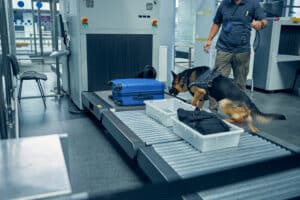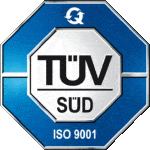The logistics manager organizes the sorting, handling and storage of goods in the best possible way, plans purchases and deliveries together with the buyers and sales managers, manages warehouse stocks and coordinates the activities of the warehouse workers. Generally he is an employee of the large distribution, even if he can carry out the consultancy activity as a freelancer. It has a high degree of autonomy, however, always in relation to corporate strategies. The logistics manager can find employment in all companies that sell products but also in the increasingly numerous internet companies that do electronic commerce.
The companies where the opportunities to find work are wider remain the large transport and courier companies that carry out the transport of heavy materials and machinery. In general, the speeding up of deliveries is a fundamental element in the relationship with the customer, so the figure of the logistics manager seems to enjoy good employment opportunities.
The working hours are flexible and undergo variations in the critical phases of the work cycle. The organizational context in which it operates can vary greatly depending on the size of the company. The logistics manager has relations with the logistics and warehouse management staff, and with the sales and purchasing departments. The tasks of the logistics manager can be defined as follows: organization of operations and transport and storage systems, to optimize the flow of goods; organization and management of distribution centers for the receipt and sorting of goods; verification of the delivery of orders to distribution centers and points of sale; verification of the deliveries made and the integrity of the products; organization of the computerized order system; cost control of operations and collection of related information; solutions to problems inherent in the transport of goods.
The Logistics Manager course aims to transfer skills in handling techniques, business planning and purchasing, legislation, as well as techniques relating to goods management and quality and productivity control. No less important are a good knowledge of information technologies, a particular aptitude for analytical and organizational activities, as well as creativity, flexibility and decision-making speed. Finally, a predisposition to human relationships, a dynamic character, problem solving skills, autonomy, flexibility and creativity are needed.

Procedure di sicurezza negli aeroporti oggi: come viaggiare sicuri
Negli ultimi anni, le procedure di sicurezza negli aeroporti di tutto il mondo sono state notevolmente rafforzate e continuano a evolversi per rispondere a minacce sempre più sofisticate cui sono purtroppo sottoposti questi luoghi delicati.








